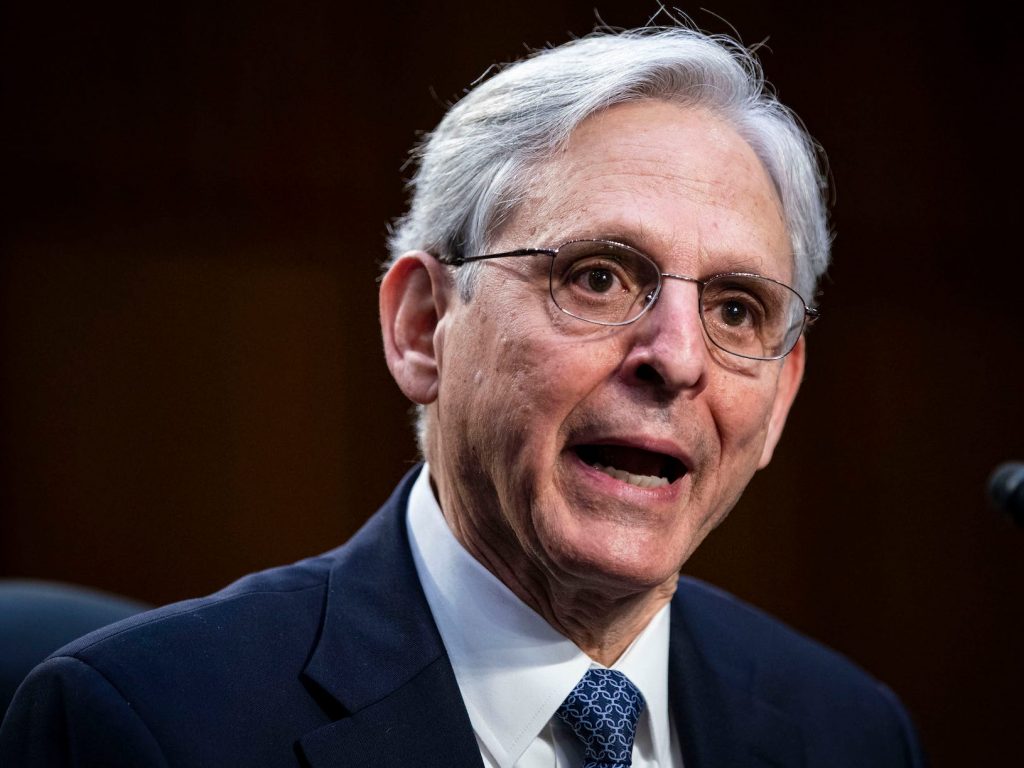- Attorney General Garland spent weeks deciding to sign off on the Mar-a-Lago search warrant.
- Garland eventually signed off and defended his decision to do so during a press conference.
- The Department of Justice requested Monday that the search warrant affidavit remain unsealed.
In the weeks leading up to the FBI's August 8 search of former President Donald Trump's Mar-a-Lago home, Attorney General Merrick Garland debated whether or not to sign off on the warrant, The Wall Street Journal reported.
Garland met with Justice Department and FBI officials for weeks before making the decision to personally approve the warrant application, sources familiar with the matter told the WSJ.
Former Deputy Attorney General Jamie Gorelick told the WSJ that Garland is "extremely careful" and "understands the critical role of an attorney general in these circumstances."
"He appreciates the context in which this is occurring," Gorelick told the WSJ. "I don't think he considers politics at all, but I do think he recognizes the seriousness of actions against a former president."
As a result of the search, FBI officials seized 11 sets of classified documents Trump had stored in his home office in Palm Beach, Florida.
Following attacks by GOP party leaders and increased threats to federal officials, Garland defended the FBI and DOJ, calling them "patriotic public servants" during an August 11 press conference.
"I will not stand by silently when their integrity is unfairly attacked," Garland told reporters.
Garland also made the decision to unseal the warrant he signed following Trump's "public confirmation of the search, the surrounding circumstances, and the substantial public interest in this matter."
Before Garland unsealed the warrant, Trump, through an intermediary, reportedly asked Garland how he could "reduce the heat" following the national uproar over the search.
On Monday, the Department of Justice requested that the search warrant affidavit remain sealed, saying that its release would cause "significant and irreparable damage" to an ongoing investigation that "implicates national security."
The DOJ did not immediately respond to Insider's request for comment.
